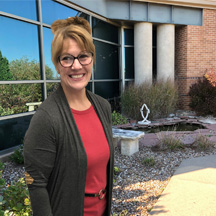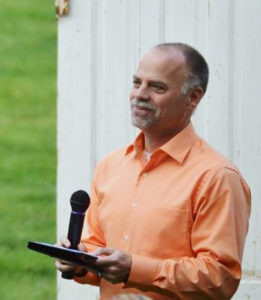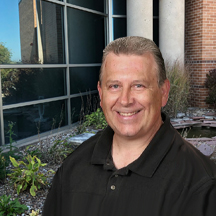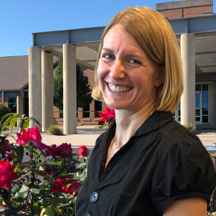
An Unexpected Renewed Friendship
Of the three members of the Trinity, whom are you least familiar with? Of the three, to whom do you have the most trouble relating?
A very good friend challenged me with this question recently. And to be honest, it was a great question and the start of a beautiful and unexpected journey to renew a friendship that I had largely ignored most of my life.
I know God the Father. I get Him. I get what He does. I like His sovereignty. His gentle hand. His interactions with His people. I picture Him with a nice fatherly face. And because I have an awesome earthly human father, I find it super easy to relate to God the Father and talk to him. Because I know his actions in sending Jesus to earth, I know His love for me. He gave up His son for me. I can understand all of that. And so when I talk to Him, I can see Him and thank Him and dialogue with Him.
I know Jesus! I can picture Him. When I pray, I know where He’s at and can picture Him sitting on His throne, just to the right of God the Father. He has a body. He has brown hair. He has scars in His hands and feet, but also a white robe. He’s a carpenter. He’s coming back on a white horse. His eyes are like flaming fire. His actions on the cross showed me exactly how much He loves me. He is my brother, and also my King. And so when I talk to Him, I can see Him and love Him.
But the Holy Spirit? This one was harder. In my head, He was a concept or a thing, but not a HE. He was an IT or a THE. It’s like His name leads to strange concepts. And where is He? I wasn’t even sure. I couldn’t picture Him in the throne room. Does He even sit down? Does He have a chair with the others? In my mind, He doesn’t have a body like Jesus and Father. He doesn’t bare scars. He’s not a King with a robe and a horse. So what does He look like?
So, taking my wise mentor’s advice, I sat down and started to talk to Him as a person and ask questions. She challenged me to bring my journal along and write down what I hear.
Amazing process! The first thing I did was drop the ‘the’ from my vocabulary. The Holy Spirit’s name is Holy Spirit. He is a He, not a ‘the’ –a person that I can talk to directly. He has roles – He is a counselor, a guide, a friend. He helps us search our hearts to reveal brokenness, heartaches, sin – and then, as the best and most gentle counselor, helps us process them and break the chains of all these things.
Once I started the process, I had so many questions! What do You look like? Where do you reside? Do you have a throne chair? How can I find You?
Together, this great friend and counselor walked me through memory after memory of events that had created little fractures in my childhood heart, offered me healing and wholeness, and showed me how to release them back to Him and walk in greater degrees of forgiveness.
He showed me where He was in the most challenging moments of my life, how His presence was there to guide and counsel me even when I was unaware of Him and did not yet know Him as friend.
And those journals I had been pouring my heart into over the last 20 years? I was writing to Him. That time spent crying in agony, reading the Psalms out loud while lying in my bed? I was crying out to Him. That inspiration to stop in the middle of giant snow storm and buy my wedding dress at that very moment–Him–delighting in my love for a good deal.
One of the biggest things I’ve learned in this newly renewed friendship is how to connect with Him. He stands at the door and knocks, I merely respond, “I invite You in.” Simple.
He does not condemn. He does not shame. He is so gentle! And even though the pain of reliving old memories was hard, letting Him show me where He was in the process was so completely healing – my trust in Him and love for Him only increased.
In terms of being authentic with our friends, this is one where I am completely me and completely accepted and completely loved.
Leah Carolan
Director of Worship & Media


Did you enjoy this article? Let Leah know.






